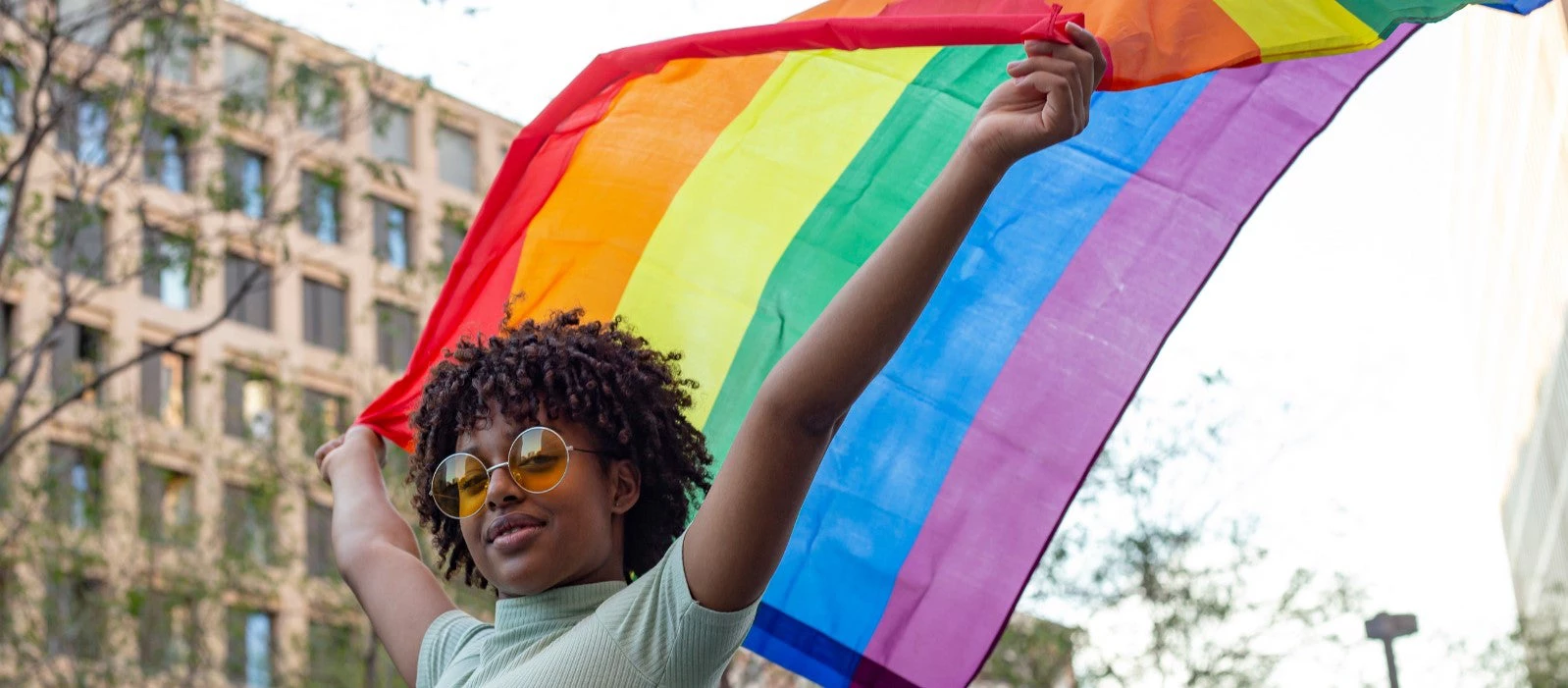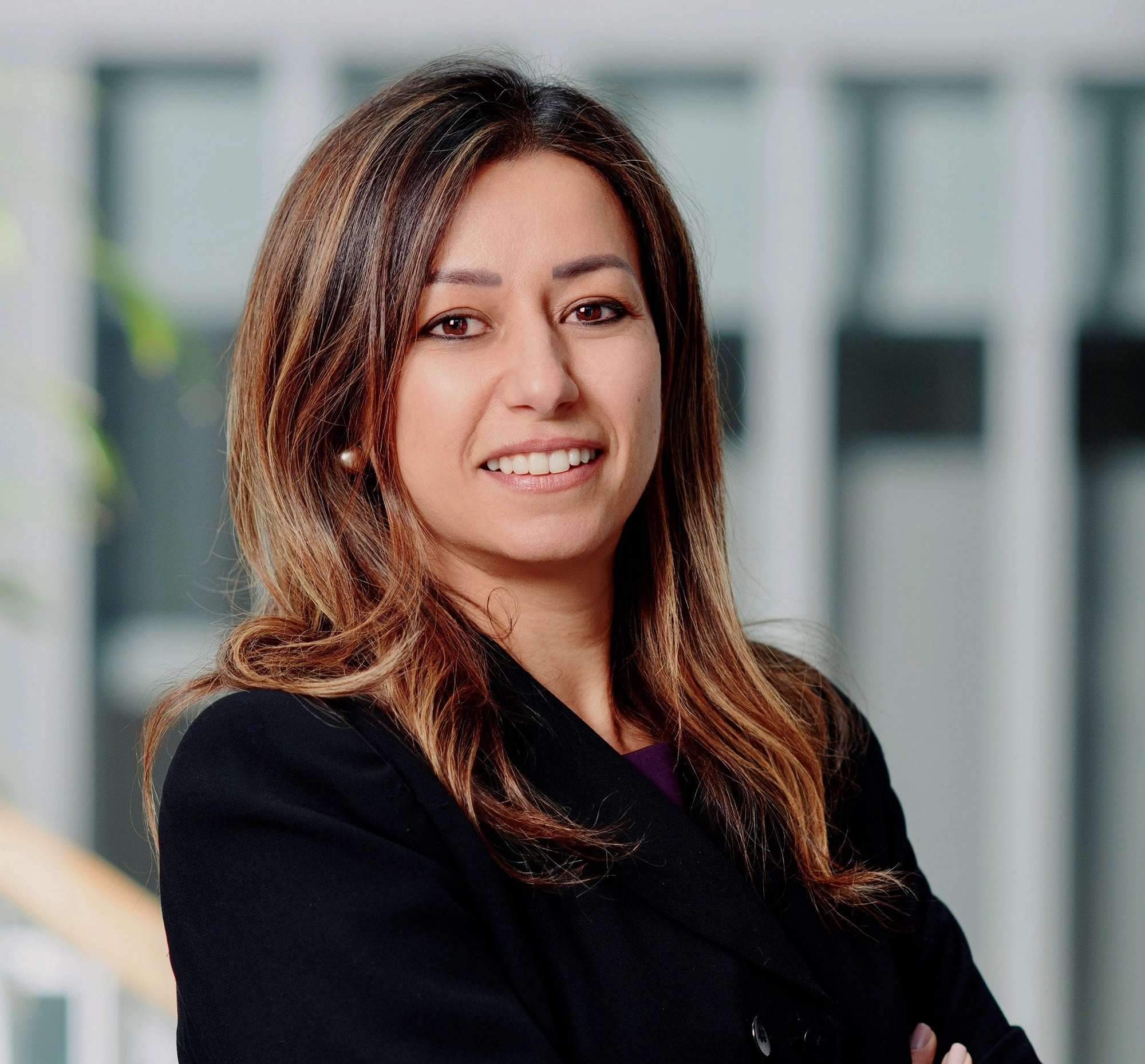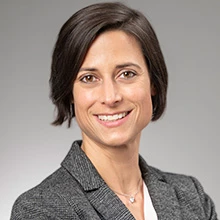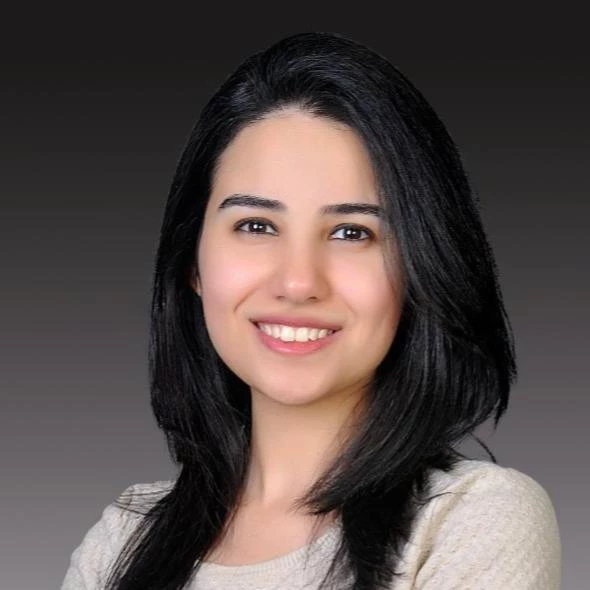 Persona afrodescendiente sosteniendo una bandera de la comunidad LGBTI
Persona afrodescendiente sosteniendo una bandera de la comunidad LGBTI
The LGBTI community in Latin America and the Caribbean, like in many other regions, faces numerous challenges that impede its socio-economic inclusion. LGBTI people suffer lower education outcomes due to discrimination, bullying, and sometimes school violence. For instance, the proportion of students who have experienced bullying or aggression is 11 percentage points higher for LGBTI youth . Higher unemployment rates are common, in part due to discrimination in the workplace as well as difficulty in accessing health care, financial services, and the housing market. Stigma and bias also often prevent them from engaging in the political process.
The absence of a supportive legal framework further exacerbates the challenges faced by LGBTI people. For instance, same-sex marriage is still not recognized in many countries, nor is the right to change gender markers in official documents. The World Bank, therefore, recognizes the inclusion of sexual and gender minorities as a priority.
“The absence of anti-discriminatory laws, criminalization of same-sex marriage, no protection against discriminatory job dismissals, and access to housing are only a few of the challenges faced by the LGBTI community in Jamaica,” said Karen Lloyd, Associate Director of Equality for All Foundation in Jamaica. This was during a webinar on LGBTI rights in Latin America and the Caribbean, organized as part of the Latin America and the Caribbean Gender Innovation Lab (LACGIL) Insights in Advancing Gender Equality webinar series in cooperation with the Sexual Orientation and Gender Identity (SOGI) team of the Social Sustainability and Inclusion (SSI) Global Practice at the World Bank.
Steps forward for the LGBTI community
Some countries in Latin America and the Caribbean have taken steps to provide inclusive and protective legal environments for sexual and gender minorities through the enactment of laws that protect against discrimination. For instance, Uruguay and Costa Rica were among the first countries in the region to recognize same-sex marriage and allow for the adoption of children by same-sex couples .
Also, the Ministry of Women and Gender Equity in Chile has included several institutional measures to support the LGBTI community in its mandate. These are four examples:
- Supporting annual campaigns to advocate for equal rights for LGBTI people
- Organizing monthly round tables between government and LGBTI community representatives at the regional level to identify policy priorities
- Submitting legal amendments to anti-discriminatory laws to specifically protect equal rights for LGBTI people
- Pushing for laws recognizing free-choice-based gender identity and same-sex marriages
Progress is uneven, so what more can be done?
The World Bank’s Equality of Opportunity for Sexual and Gender Minorities (EQOSOGI) initiative is a pioneering analysis of legal frameworks enabling the social, economic, civil, and political participation of LGBTI people. The pilot report recommends repealing laws that criminalize people based on their sexual orientation and gender identity, prohibiting hate crimes, and providing legal protection against discrimination in schools, the workplace, and public services. Civil society organizations advocating for equal rights for LGBTI people should be allowed to register and operate freely.
A second iteration of the EQOSOGI report, currently under preparation, aims to expand its coverage to 64 countries and add more data to inform the international policy dialogue and World Bank projects.
One of the authors of the first report, Christian De la Medina Soto, Private Sector Development Specialist at the World Bank Group, said that “legal institutions play a crucial role in overcoming the gaps in the inclusion of the LGBTI community (…) best practices require mandatory training of teachers in inclusive language, provision of equal access to public and civil services, and prohibition of hate crimes.”
Building on this evidence is key to avoiding exclusion based on sexual orientation and gender identity, which comes at a heavy cost to LGBTI people, the communities in which they live, and the economies in which they participate. Inclusion is crucial to promote sustainable development and meet the World Bank’s mission of ending extreme poverty and boosting shared prosperity on a livable planet. In setting the standards for investment project financing, the World Bank requires including disadvantaged and vulnerable groups, like LGBTI people, to promote sustainable development.
Stay updated with our weekly article
Related articles
- Three ways to support inclusive futures for LGBTI people
- Ensuring equity and inclusion for LGBTI students
The LACGIL, within the Poverty and Equity Global Practice, works in partnership with units across the World Bank, aid agencies and donors, governments, non-governmental organizations, private sector firms, and academic researchers. This work has been funded in part by the World Bank Group's Umbrella Facility for Gender Equality (UFGE), a multi-donor trust fund administered by the World Bank to advance gender equality and women's empowerment through experimentation and knowledge creation to help governments and the private sector focus policy and programs on scalable solutions with sustainable outcomes. The UFGE is supported by generous contributions from Australia, Canada, Denmark, Finland, Germany, Iceland, Ireland, Latvia, the Netherlands, Norway, Spain, Sweden, Switzerland, the United Kingdom, United States, the Bill and Melinda Gates Foundation, and the Wellspring Philanthropic Fund.
Funding to the Social Sustainability and Inclusion (SSI) Global Practice’s EQOSOGI Initiative is provided by Global Affairs Canada.




Join the Conversation